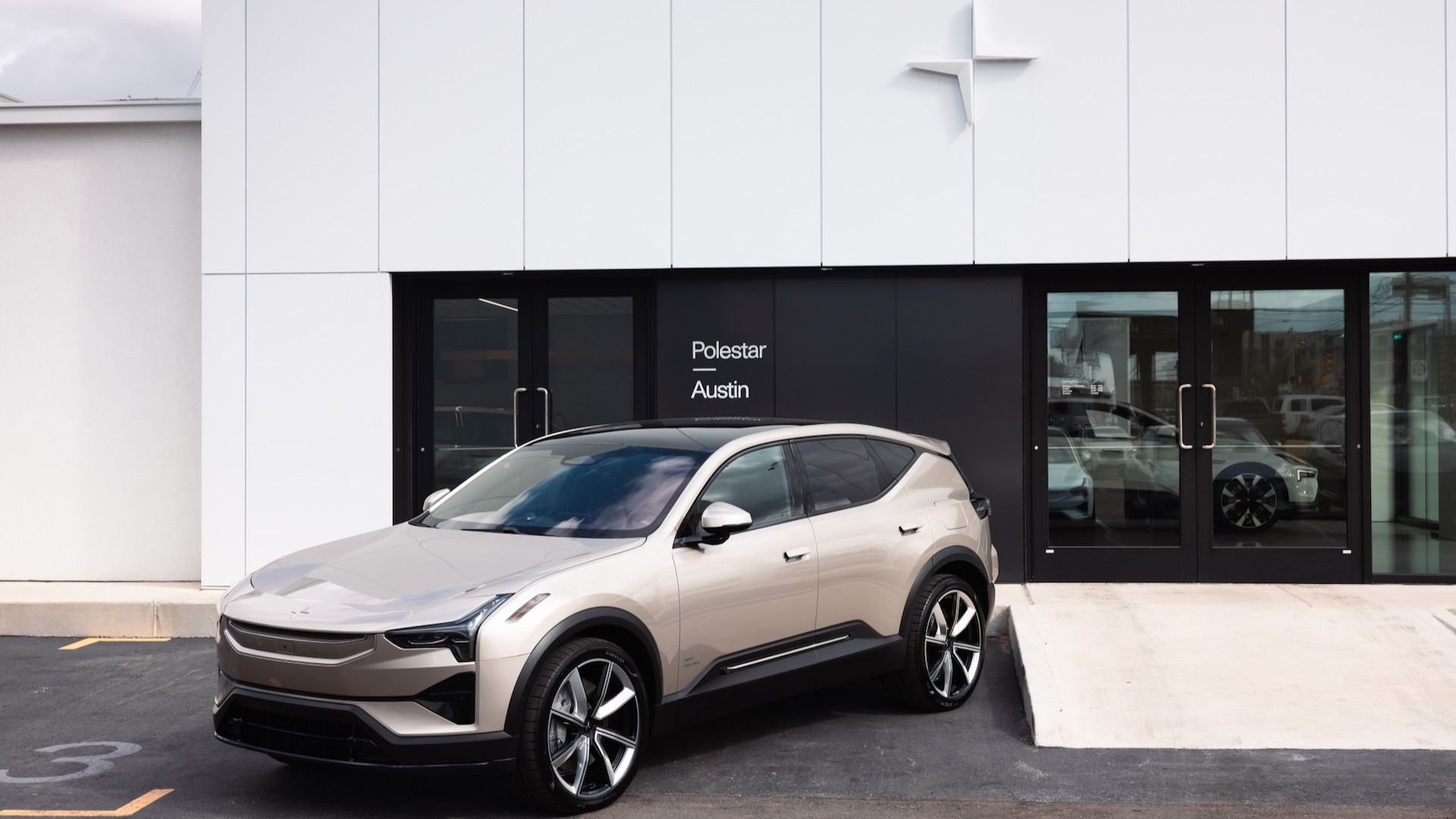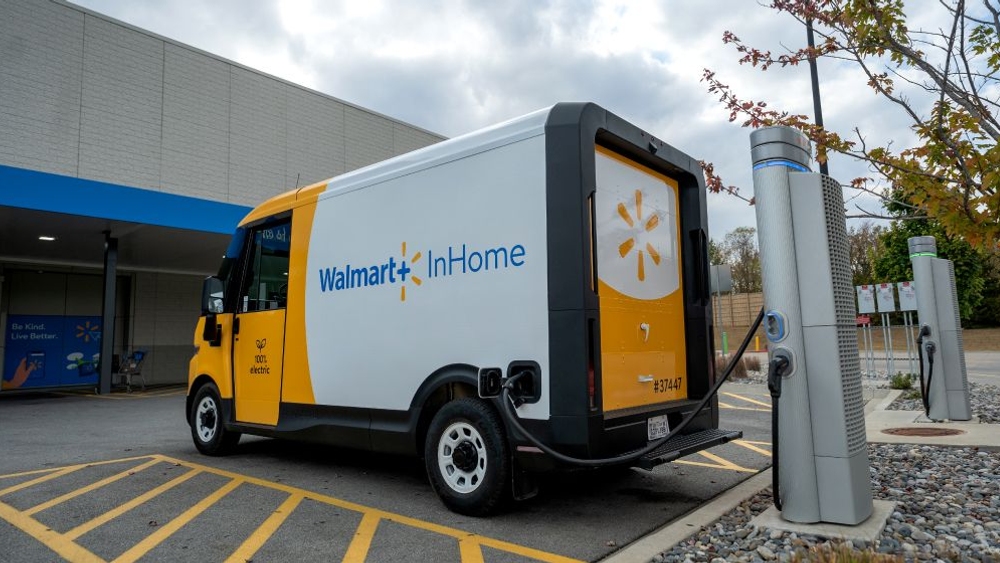You know things are getting serious when oil companies move to reduce carbon emissions.
Shell has joined BP in aiming to achieve net-zero carbon emissions by 2050. Don't expect the company to get out of the oil business entirely, though.
"Society's expectations have shifted quickly in the debate around climate change," a Shell press release said. "Shell now needs to go further with our own ambitions."
While Shell did not offer many details on its plan, "net-zero" refers to not only directly reducing carbon emissions, but also cancelling out some emissions with investments in other areas, such as planting trees to remove more carbon dioxide from the air.
Shell may also try to shift more of its business away from fossil fuels.

Shell fuel station in Europe
The company bought charging network Greenlots in 2019, and bought the Europe-based New Motion network prior to that. Shell has also invested in hydrogen stations for fuel-cell vehicles.
Earlier this year, BP announced an identical goal of achieving net-zero carbon emissions by 2050. Like Shell, BP has also invested in electric-car charging infrastructure. The company began adding charging stations at its gas stations in 2017.
In the United States, BP has had to work to rebuild its image after the 2010 oil spill that contaminated large areas of the Gulf Coast.
However, even with environmental disasters and societal pressure, it pays to be skeptical of corporate claims to reduce carbon emissions.
BP's net-zero goal only applies to the company's operations, not emissions caused by use of its products, noted Inside Climate News. The company has said it will reduce the overall emissions of its products by focusing more on the production of renewable energy, while continuing to produce some fossil fuels.












